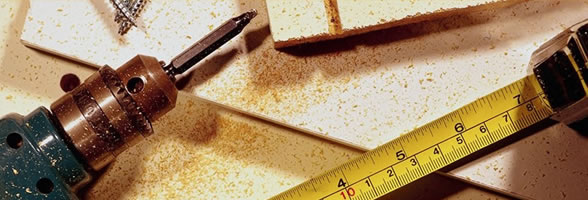
Plant Responses
Stimulus: Anything that causes a reaction in an organism or any of its parts.
Tropism: Is the response of a plant to an external stimulus.
Plant growth regulators: Are chemicals produced in plants that affect the rate of growth or the development of plants when they are in very small amounts.
Types of tropisms include:
- Phototropism – response to light
- Thigmotropism – response to touch
- Chemotropism – response to chemicals
- Geotropism – response to gravity
- Hydrotropism – response to water
Growth Regulators
- A chemical produced in the growing tips (meristematic region of plants)
- Transported from cell to cell by active transport to a site of response where growth is modified
- Controls the growth of a plant
- Most are produced in small amounts and are transported (in vascular tissue) to a particular site where they have an effect and so are referred to as hormones
Facts on growth regulators
- Active in small amounts
- Their effect depends on their concentration
- Their effect depends on their location
- Some regulators support, some inhibit each other and may result in no effect
- Two types: Growth inhibitors ( abscisic acid & ethane) and growth promoters (IAA, NAA & Gibberellia acid)
- They are mainly transported in the vascular system but some diffuse from cell to cell
Growth promoters
- What are growth promoters? They are plant hormones that increase the rate of growth of a plant.
- Name a growth promoter and state its effect? IAA (indoleacetic acid) made in shoot tips and causes cell walls to loosen and cells to expand. It is also thought to stimulate the activation of enzymes which break the bonds between cellulose strands.
- How does it work? It works in high concentrations in stems and low concentrations in roots
- What effects do auxins have on plants?
- Tropisms - enables phototropism by cell elongation
- Apical dominance – the IAA is produced in the tips and inhibits side branching
- Fruit formation – stimulates the ovary to become the fruit (plants can be sprayed to create parthenocarpic fruit)
- Name a growth inhibitor?
Ethene (as a gas) or Abscisic acid
- What effect do each of these growth inhibitors have on a plant?
Abscisic acid – causes plants to respond to harmful conditions, in dry weather it causes stomata to close and in seeds it prevents germination. It is produced in leaves, stems and root tips.
Ethene – causes fruit to ripen. It’s made in stem nodes, ripe fruit and decaying leaves. It causes the fruits colour and flavour to develop
- What is a growth inhibitor?
They are hormones produced in a plant that slow down or inhibit growth in the plant
- Name two uses of commercially prepared plant regulators?
Ethene – used to ripen bananas
Rooting powders – used on plant cuttings to encourage rapid fruit formation
